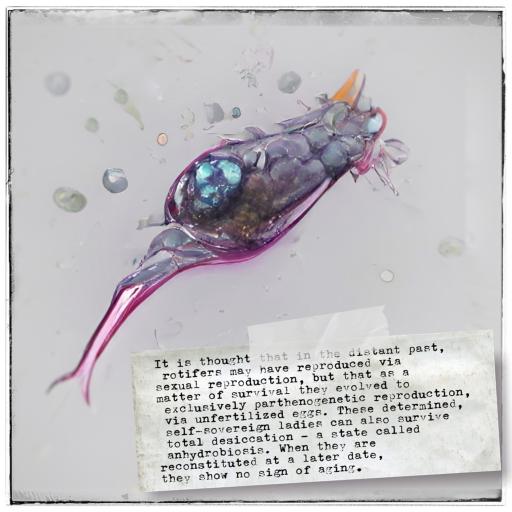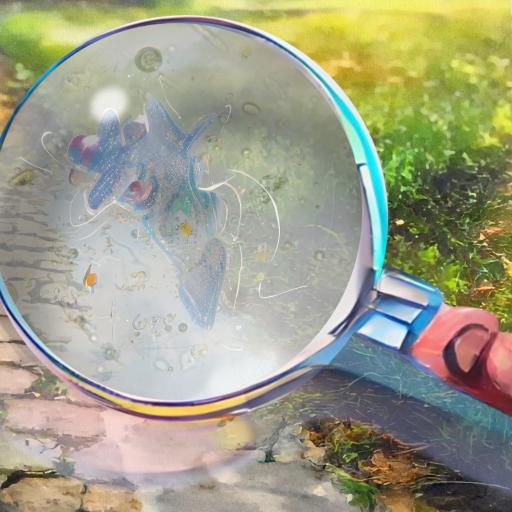Behind every Cardano transaction is a carefully designed set of protocol parameters that determine how the Cardano blockchain operates. These parameters define the costs, limits, and rules that keep the network secure, efficient, and predictable. In this ongoing article series, we explore Cardano’s network parameters one by one, explaining how they work and why they matter for users, developers, and the broader ecosystem.
Today we are talking about a parameter that drives a lot of the day-to-day activity for the Cardano network and Community. This parameter is the ‘epoch_length.’
Epochs
First, what is an epoch? Put simply, an epoch is a unit of time. The earth’s epochs are geological periods measured in tens of thousands of years. We are currently in the earth’s Anthropocene epoch, which started over 11 thousand years ago. That was when human activity began to impact the planet significantly.
Epochs in Bitcoin
In the blockchain world, Bitcoin is the grandmother of blockchains. Bitcoin’s epoch is measured in blocks. A block is the time it takes to process and save a chunk of pending transactions around the world. One Bitcoin epoch is about 210,000 blocks. That ends up being about four years in length. At the start of each Bitcoin epoch, the rewards paid to miners for minting blocks are cut in half.
Epochs in Ethereum
Prior to their migration from proof-of-work to a proof-of-stake concensus mechanism, epochs on Ethereum, were delineated by every 30,000 blocks. At the start of each new epoch, the amount of computer memory you need to run a node on the network increased by 1 Gigabit.
Epochs in Cardano
On Cardano, epochs play more of a day-to-day role because they are shorter and because they are tied to the network’s technical and social functions. In many ways, epochs are the calendar of the Cardano community. These epochs are broken into slots, and each slot is one second. Thus, a Cardano epoch is 432,000 slots, which adds up to 5 days.
Many Cardano community events are organized around epochs. Compensations for participating in running the Cardano network are paid out every two epochs. In fact, when you join the network for the first time as a Delegator, it takes two epochs for your delegation to become active.
When changes to Cardano parameters or network rules are made, they have to first be proposed, then it takes two epochs from proposals before those changes are live and adopted by all the nodes on the network.
So what?
Epochs, especially on proof-of-stake blockchains like Cardano, are interesting and important because they exert a noticeable influence on your day-to-day life compared to proof-of-work blockchains like Bitcoin.
If your blockchain network epoch is not tied to a fixed time, like Cardano’s 1 second, how the epoch translates to real-time can change in seemingly peculiar ways. That is, if you’re marching to the beat of your network’s epoch, paying attention to that parameter is essential, as it can slide away from real-time when it’s tied to something like block production.
Also, because epochs on Cardano often serve as a calendar system of sorts, knowing how to translate an epoch number to a real date and time is vital to keep up with community events and milestones.





No comments yet…